Bihar is a typical example of a backward political economy although it has the potential enough to be one of the front runners if the political management is given priority over the casteist political brinkmanship. It is abysmally underdeveloped having the largest share of illiterate and under-fed poor people living in subhuman habitats. Political Parties here are out to exploit the caste and communal factors around to pursue their brand of politics at the cost of the development of the state. This study attempts to focus on this neglected issue of Bihar politics as far as possible.
The children of the early 1990s are grown up voters now. They are being conscious of their identity as also the class dynamics that was prevented to be unleashed so long. People are beginning to be disgruntled with the lack of roads, agro-based industries and electricity that prevented development and thus job creation in the state. It is doubtful whether the ruling parties would be able to rise to the occasion in the casteist landholder dominated state. The book attempts to address this problem. If the political economy is unattended for further long any combination of political forces that come to power would fail Bihar again. Old ideas in pragmatic shape are to be tried to contain the explosion of expectations of the newly conscious people particularly the younger lot. To explore methods for changing the economy of development in Bihar constitutes one of the objectives of the book. It may be useful for scholars, researchers and policy makers having interest in political economy of the state.

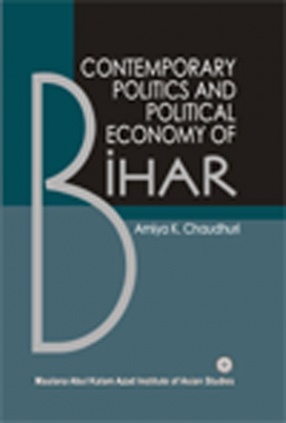
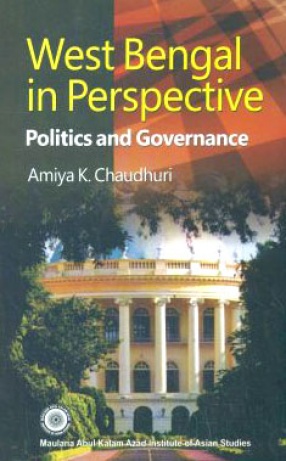
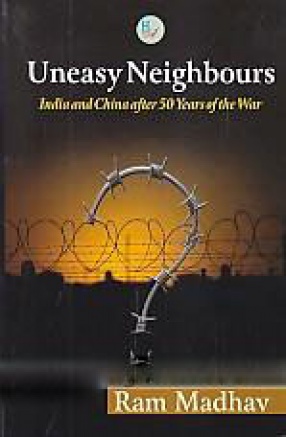
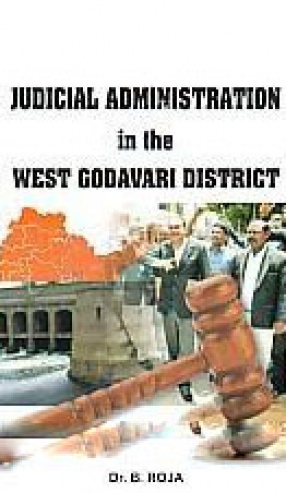
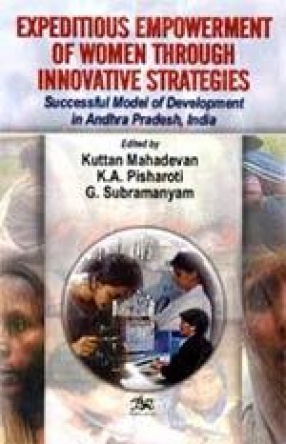
There are no reviews yet.